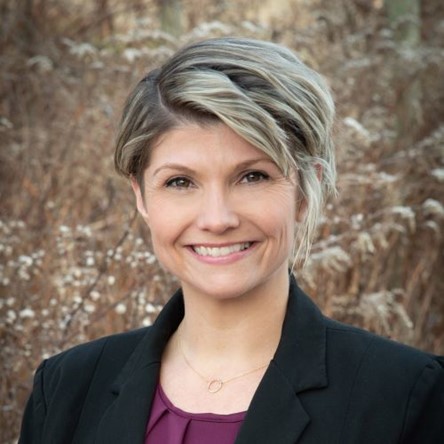Kayla Cranston Ph.D, Environmental Studies

Related Links
Bio
Dr. Cranston is the Director of Conservation Psychology Strategy and Integration at Antioch University New England. In this position, she leads environmental professionals and surrounding communities through co-design processes to collaboratively create conservation programming with the humans who will be impacted by that programming the most. She designs and implements science-based strategy to increase long-term engagement in conservation programming with an eye to inclusive evaluation practices to promote a sustainable relationship between a diverse population of humans and nature. She leads the design and administration of a suite of professional development services aimed to build the capacity of conservation professionals to effectively integrate Conservation Psychology into their daily work.
Dr. Cranston recently served as Conservation Education Researcher at Saint Louis Zoo to lead evaluation of K-12 environmental education programs and an urban participatory asset mapping program there. Her research brings a psychological perspective to evaluating conservation education programming and the well-being of community members who are directly affected by local conservation projects. Dr. Cranston has shared her expertise in conservation psychology by teaching the topic to graduate and undergraduate students at Antioch University New England, Keene State College, UC San Diego Extended Studies, and Oregon State University. She has consulted with organizations like WWF, USFW, American Museum of Natural History, Woodland Park Zoo, Roger Williams Park Zoo, Detroit Zoo, Zoo New England, Zoological Society of London, Cleveland Metroparks Zoo, the Regional Network for Conservation Educators in the Albertine Rift, and the Tropical Biology Association to apply psychological principles and tools to strengthen conservation education programs and evaluate community engagement programs. Visit www.kaylacranston.com for more on the 5 Factors of Sustained Engagement framework Dr. Cranston created to integrate the science of human behavior into community engagement for biodiversity conservation.